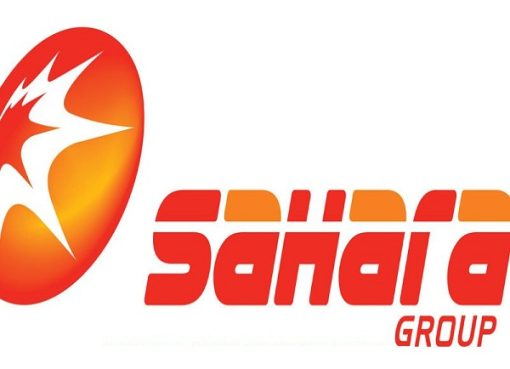2020 was a year that will forever live in infamy. The COVID-19 pandemic put a hold on many aspects of life and business, but it also became a wake up call for digital innovators to improve and speed up their work.
This is especially true in the world of financial technology or fintech.
A 2020 study reported that fintech firms in digital asset exchanges, payments, savings, and wealth management saw a 13 per cent growth in transaction numbers and 11 per cent increase in transaction volumes in the previous year.
Around 831 of the 1,385 fintech companies surveyed launched new products and services in response to the pandemic.
With many people opting to conduct their financial transactions online amidst the global crisis, it came to no surprise that demand for fintech offerings has grown as well.
There’s no doubt that new and existing fintech innovations will continue to rise in popularity in 2021 as technologies such as artificial intelligence and blockchain continuously mature and the pandemic slows down due to the rollout of vaccines worldwide.
Below are some of the top fintech trends that we’ll see happening in 2021.
Digital-only banking
While digital banking has been around long before the pandemic, it spiked in usage amidst the pandemic. Research shows that about 50 per cent of consumers are using digital banking products more since the pandemic, with 87 per cent of them planning to continue this increased usage after the pandemic.
This shows that digital banking has evolved from a “nice-to-have” to a “must-have” solution for consumers and businesses.
However, despite the convenience in use that digital banking offers, many consumers are still weary of the dangers that digital banking solutions bring.
For example, risks associated with cyber-attacks are expected to hinder the digital banking market growth in the coming future. So it’s critical for consumers to continuously practice caution and for financial institutions to improve their security measures.
Autonomous finance
Just as self-service solutions have become rampant during the pandemic to avoid possible infection, autonomous finance is expected to rise in 2021 as well.
Several fintech solutions today make it possible for people to manage their money, open accounts, apply for loans, and more with just a click of a button.
Thanks to AI and machine learning, these solutions are now more accessible than lining up in traditional banks and going through tedious processes.
Not only will autonomous finance provide the flexibility that consumers want, but it can also repair the customer experience in finance and unlock new sources of value.
Crypto and blockchain
2020 became a banner year for blockchain and crypto. The price of Bitcoin, in particular, surpassed its first all-time high value of US$19,783 in 2017 and pushed to US$23,421 in December 2020. It even entered 2021 with a new record of US$33,000, its highest value in history.
Bitcoin’s rising price is due to various reasons, some of which include growing institutional interest, usage as a hedge against inflation, and PayPal’s official entrance in the crypto scene.
With crypto entering the mainstream more and more, there’s no doubt that demand for blockchain and digital asset solutions will rise as well. Fortunately, several companies worldwide have already mobilised their distribution of such solutions.
Pundi X, for example, is continuously rolling out its XPOS point-of-sale system, which allows merchants and consumers alike to transact in digital assets as they would with fiat money.
Biometric security
As fintech solutions become more accessible to the common man, there is now a need for financial companies to boost their cybersecurity.
With this in mind, biometric security systems are beginning to gain a spotlight in the fintech industry. Biometric security assures fintech solution users that only they can access their accounts and data.
Facial recognition and fingerprint authentication systems are the most common iterations of biometric security. The pandemic has especially prompted people to shift towards the use of biometric smartcards to reduce the use of cash.
Once the global crisis dies down, fingerprint sensors are expected to continuously grow as they are also commonly present in many consumer devices today.
Regulatory technology (Regtech)
As fintech adoption grows, regulators are also continuously creating and amending rules to standardise the fintech industry.
Thus, more financial institutions are expected to adopt regtech solutions to comply with risk and compliance management, identity management, regulatory reporting, fraud management, and regulatory intelligence, among other things. They also expected to work more closely with regulators to improve the overall finance industry.
The infamous events that occurred in 2020 have become a learning point for everyone in the fintech space to make the ecosystem safer and more convenient.
Of course, with the advancements in technology, there’s no doubt that fintech will only get better from here on out.
Source: e27










